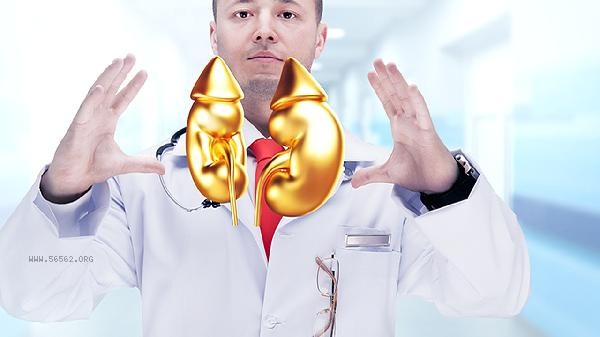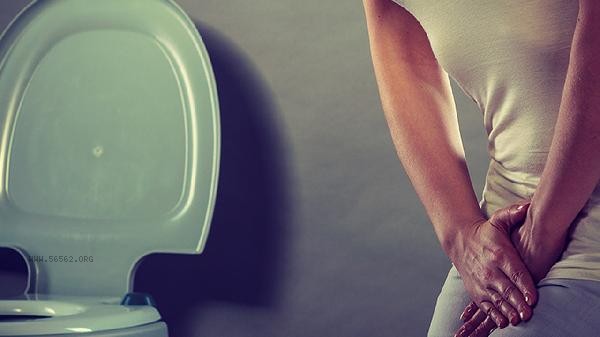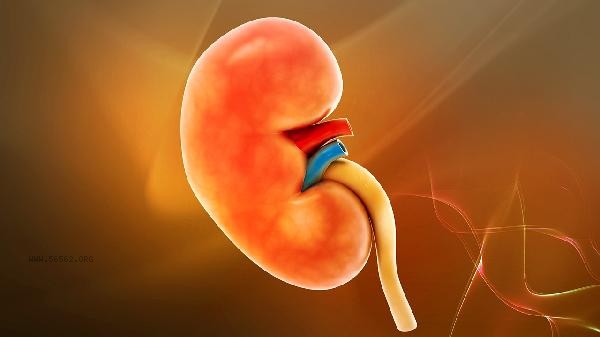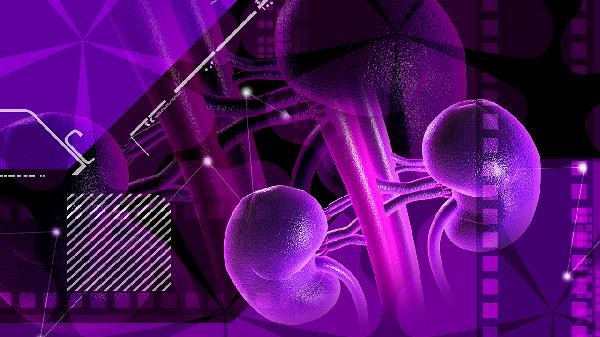Hydrocele usually does not leave any sequelae, but if left untreated, it may cause testicular atrophy, infection, or affect fertility. The treatment methods include observation, medication therapy, and surgical intervention, depending on the severity of the condition and the age of the patient.

1. Causes of hydrocele
hydrocele refers to excessive accumulation of fluid in the testicular tunica vaginalis cavity, commonly found in newborns and adult males. Neonatal hydrocele is often related to incomplete closure of the sheath like process and usually self absorbs within one year after birth. Adult male hydrocele may be related to trauma, infection, tumor, or surgery. Chronic inflammation and lymphatic reflux disorders may also lead to fluid accumulation.
2. Potential sequelae of hydrocele
If hydrocele is left untreated for a long time, it may cause a series of problems. Testicular atrophy is a common sequelae, as fluid accumulation compresses the testicles, affecting their blood supply and function. The risk of infection increases, especially when bacterial infection occurs secondary to fluid accumulation, which may lead to orchitis or epididymitis. In severe cases, hydrocele may affect sperm production and transport, leading to male infertility.

3. Treatment methods for hydrocele
Treatment methods should be determined based on the patient's age, symptoms, and fluid volume. For newborns, observation and waiting are usually adopted because most of the fluid will be absorbed on its own. Drug therapy is suitable for mild or infectious fluid accumulation, and commonly used drugs include antibiotics such as cephalosporins, penicillins, and anti-inflammatory drugs such as ibuprofen. For severe or persistent fluid accumulation, surgery is an effective option, and common surgical methods include hydrocele turnover, hydrocele resection, and laparoscopic surgery.
4. Prevention and Daily Care
The key to preventing hydrocele is to avoid trauma and infection in the testicular area. Maintaining personal hygiene, avoiding prolonged sitting and wearing tight pants can help reduce local stress. Regular physical examinations can detect hydrocele early and intervene promptly. For diagnosed patients, avoid vigorous exercise and heavy physical labor to prevent the accumulation of fluid from worsening. Although hydrocele usually does not leave any sequelae, neglecting treatment may lead to serious consequences. Through timely diagnosis and appropriate treatment, most patients can fully recover. If testicular swelling, pain, or discomfort occurs, seek medical attention as soon as possible to avoid worsening of the condition.









Comments (0)
Leave a Comment
No comments yet
Be the first to share your thoughts!